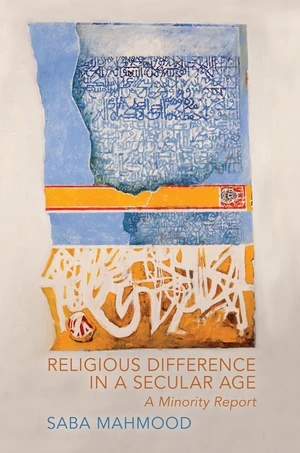How secular governance in the Middle East is making life worseânot betterâfor religious minorities The plight of religious minorities in the Middle East is often attributed to the failure of secularism to take root in the region. Religious Difference in a Secular Age challenges this assessment by examining four cornerstones of secularismâpolitical and civil equality, minority rights, religious freedom, and the legal separation of private and public domains. Drawing on her extensive fieldwork in Egypt with Coptic Orthodox Christians and Bahaisâreligious minorities in a predominantly Muslim countryâSaba Mahmood shows how modern secular governance has exacerbated religious tensions and inequalities rather than reduced them. Tracing the historical career of secular legal concepts in the colonial and postcolonial Middle East, she explores how contradictions at the very heart of political secularism have aggravated and amplified existing forms of Islamic hierarchy, bringing minority relations in Egypt to a new historical impasse. Through a close examination of Egyptian court cases and constitutional debates about minority rights, conflicts around family law, and controversies over freedom of expression, Mahmood invites us to reflect on the entwined histories of secularism in the Middle East and Europe. A provocative work of scholarship, Religious Difference in a Secular Age challenges us to rethink the promise and limits of the secular ideal of religious equality.
Price history
Aug 8, 2022
€23.83

